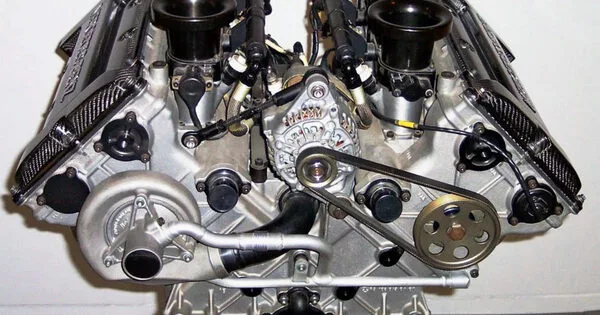A multifuel engine or device is one that is capable of running on more than one type of fuel. For example, a car with a multifuel engine could run on gasoline, diesel, or ethanol. Similarly, a generator that is multifuel-capable could run on natural gas, propane, or gasoline. The term is most commonly used in the context of internal combustion engines, but can also be applied to other types of power generation systems. This can include different types of gasoline, diesel, propane, or even biofuels.
The advantage of a multifuel engine is that it provides greater flexibility and can be useful in situations where a specific type of fuel may not be readily available. However, it may also come with some trade-offs such as increased complexity, cost and maintenance compared to a single-fuel engine.
Multifuel technology is commonly used in military settings where conventional diesel or gas turbine fuel may not be available during combat operations for vehicles or heating units. Multifuel engines and boilers have a long history, but the growing need to develop fuel sources other than petroleum for transportation, heating, and other uses has resulted in increased development of multifuel technology for non-military use as well, resulting in many flexible-fuel vehicle designs in recent decades.
A multifuel engine is designed with a compression ratio that allows it to run on the lowest octane fuel among the various acceptable alternative fuels. To meet these increased demands, the engine must be strengthened. Multifuel engines sometimes have switch settings that are set manually to take different octanes, or types, of fuel. These engines are typically used in vehicles, generators, and other equipment where the availability of different fuel sources may vary. The ability to use multiple types of fuel provides increased flexibility and reduces the dependence on a single fuel source.
Many other types of engines and heat-generating machinery are designed to burn more than one type of fuel. For example, some home heaters and boilers can burn wood, pellets, and other fuel sources. These provide fuel flexibility and security, but are more expensive than standard single-fuel engines. Portable stoves are sometimes designed with multifuel functionality in order to burn whatever fuel is available during an outing.
The movement to develop alternatives to automobiles that run solely on gasoline has greatly increased the number of automobiles available that use multifuel engines, which are commonly referred to as bi-fuel vehicles or flexible-fuel vehicles.
















